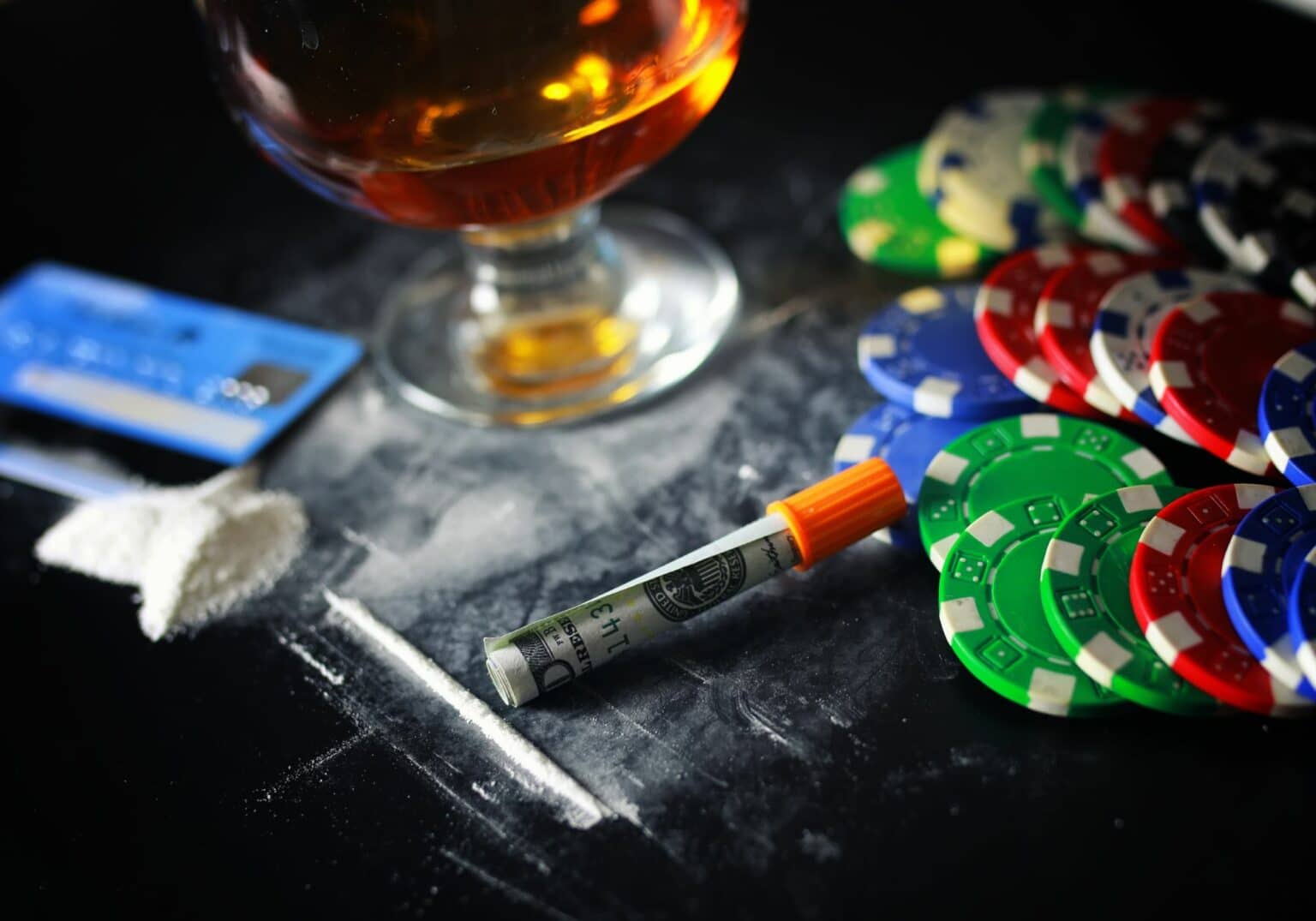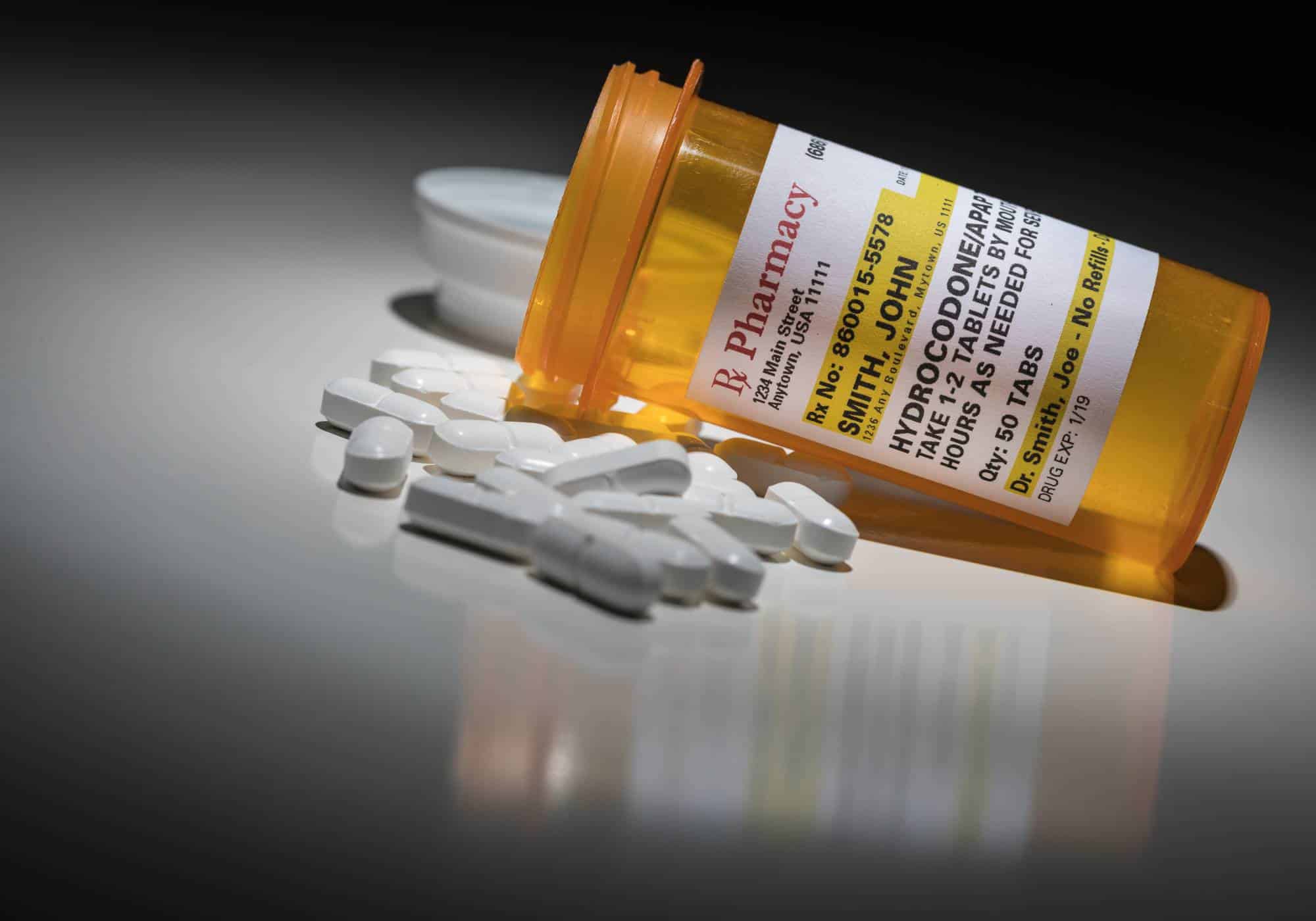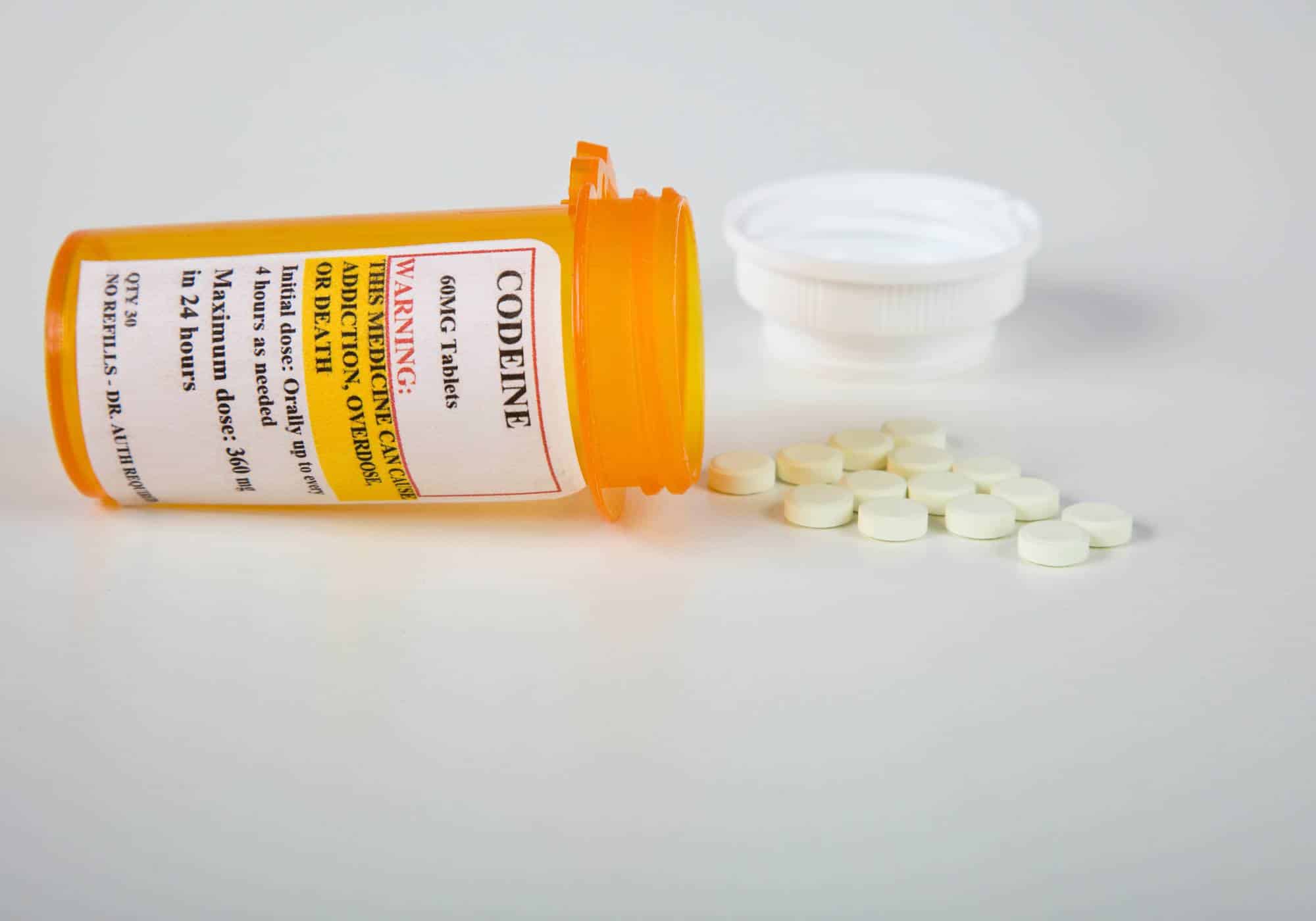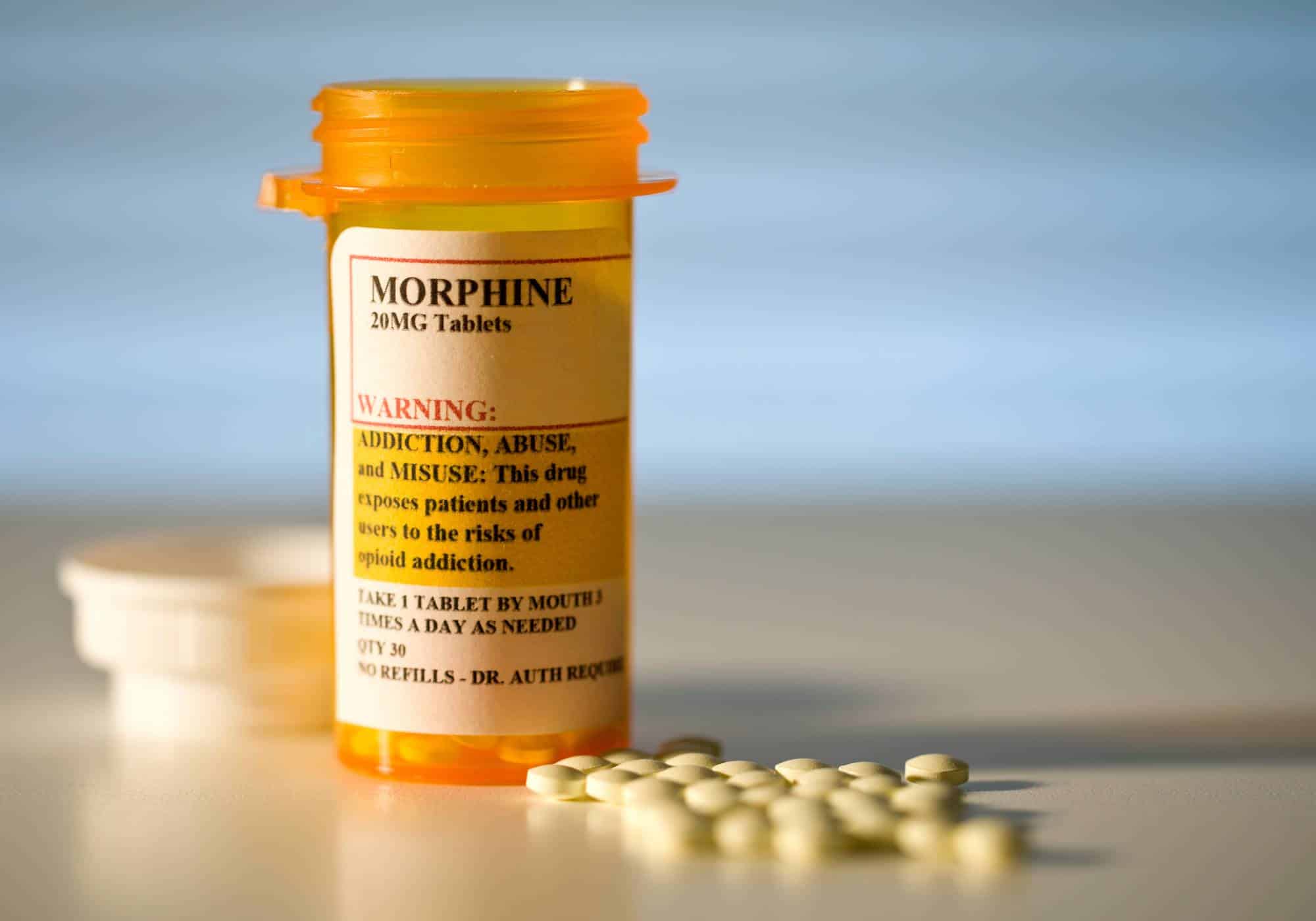Gambling addiction profoundly affects various aspects of an individual’s life, including their well-being, financial stability, and personal connections. Previously confined to casinos, gambling now extends to numerous platforms, facilitating easy access to betting and online gaming. Though overcoming compulsive gambling presents challenges, breaking free from its cycle is possible. Continue reading to discover strategies for managing gambling addiction and finding support for you or someone you care about.
What is a Gambling Addiction?
Gambling addiction, recognized as a disorder of impulse control, manifests when an individual persistently gambles despite detrimental consequences or a desire to stop. It often leads to an individual placing more significant, more frequent bets to chase losses or experiencing the same thrill. This addiction affects roughly two million Americans, with another 20 million finding their work and social lives disrupted by gambling habits. Gambling becomes an addiction due to its ability to activate the brain’s reward system, akin to the effects of substance abuse, making it the most prevalent impulse control disorder globally.
Various factors contribute to the onset of gambling addiction, including the pursuit of financial gain, the exhilarating rush of taking risks, and the alluring environment of gambling venues. Previously viewed by the psychiatric community as more of a compulsion driven by the urge for intense experiences rather than a necessity, recent research showing its parallels to substance addictions led the American Psychiatric Association to classify gambling as an addiction in the DSM-5 in 2013.
Signs of Gambling Addiction
Signs of gambling addiction can be subtle but are critical to identify. Here are some indicators to look out for:
- Constant preoccupation with gambling, including reminiscing about past gambling experiences and planning future gambling sessions.
- Engaging in increasingly risky bets or wagers.
- Using gambling as a coping mechanism for personal issues or stress.
- Lying to conceal the extent of the gambling problem.
- Jeopardizing or losing significant relationships, jobs, or educational or career opportunities due to gambling.
- Potential engagement in illegal activities, like theft, to gather funds for gambling.
- Experiencing symptoms of withdrawal, such as depression, insomnia, cravings, anxiety, and irritability, when trying to reduce or stop gambling activities.
- Displaying denial about the severity of the gambling problem.
Family and friends should be vigilant and supportive if they notice these signs, as individuals struggling with gambling addiction may find it challenging to acknowledge or address their issues on their own.
Gambling Addiction Symptoms
Symptoms of gambling addiction often stem from underlying stressors such as challenging life situations, including troubles with work, relationships, or finances. Additionally, individuals with addictive personalities who are prone to compulsive behaviors may be more susceptible to developing a gambling addiction.
Emotional triggers that can fuel the cycle of compulsive gambling include seeking to overcome social isolation through visits to betting shops or casinos, chasing the euphoria from adrenaline and dopamine release, numbing distressing emotions or unresolved issues, relieving boredom, or unwinding from stress.
However, more observable signs of a gambling addiction might include:
- An inability to control the impulse to gamble, regardless of the consequences
- Workplace issues like increased absenteeism, decreased productivity, or difficulty focusing on tasks
- An obsession with gambling that leads to neglect of hobbies or duties
- Escalating the amounts gambled in attempts to recover losses or achieve the desired excitement
- Deterioration of relationships with loved ones due to gambling behavior
- Hiding the extent of gambling from family members
- Resorting to theft to fund gambling activities
- Denial of the gambling problem’s existence
Physical symptoms associated with gambling addiction can also manifest, such as anxiety, irritability, headaches, stomach issues, and other stress-related symptoms.
Risk Factors for Gambling Addiction
Gambling addiction, a complex disorder influenced by a mixture of genetic, environmental, psychological, and social factors, can affect anyone regardless of age, gender, or background. Key risk factors contributing to the development of gambling disorders include:
- Age: While gambling addiction can start at any age, it frequently begins in young adulthood or even later in life during retirement.
- Gender: Though slightly more common in men, gambling addiction progresses more rapidly in women, who also tend to seek help sooner.
- Genetic predisposition: There’s a noticeable pattern where individuals with a family history of compulsive gambling are at a heightened risk of developing similar issues.
- Personality traits: Traits such as impulsiveness, high energy levels, competitiveness, and a propensity for boredom have been associated with a higher risk of gambling addiction.
- Mental health conditions: An overwhelming majority, over 95%, of those battling gambling addiction also meet the diagnostic criteria for another psychiatric disorder. This includes, but is not limited to, mood and anxiety disorders, alcohol and drug use disorders, and various personality disorders. Notably, the occurrence of alcohol use disorder is significantly higher in individuals with gambling disorders.
- Military veterans: Research indicates that veterans show elevated rates of gambling disorders compared to the general population, especially among those who also suffer from mental health issues like PTSD, substance abuse problems, and thoughts of suicide.
Effects Of Gambling Addiction
The consequences of gambling addiction stretch far and wide, impacting not only the financial stability of individuals but their emotional and physical well-being too. On average, gambling addicts find themselves buried in debt, ranging from $40,000 to $70,000, as the compulsion drives them into a cycle of loss and desperation. The workplace often feels the brunt of this addiction first, with many losing their jobs due to absenteeism or a decline in productivity stemming from their gambling habits. To sustain their addiction, some turn to illegal means such as theft or fraud, leading to a path of legal troubles, bankruptcy, and in severe cases, the loss of their homes.
The strain gambling addiction places on family dynamics is profound, often leading to the breakdown of relationships and leaving children to cope with the fallout of tension and instability at home. The stress associated with chronic gambling can manifest physically in various health problems, including ulcers, gastrointestinal issues, headaches, and insomnia. Furthermore, there’s a notable correlation between gambling addiction and the abuse of substances like drugs and alcohol, compounding the negative impact on an individual’s health and exacerbating the cycle of addiction.

Gambling Addiction and Substance Abuse
Gambling addiction often occurs alongside substance abuse, with environments such as casinos frequently offering free alcoholic drinks to lower inhibitions and encourage spending. Substance use can be a way to celebrate wins, numb the pain of losses, or escape feelings of guilt and shame tied to gambling. Furthermore, the neurochemical makeup that predisposes individuals to gambling addiction can also make them more vulnerable to substance abuse, suggesting a correlation between compulsive gambling and other addictive behaviors, including drug addiction and alcoholism. Mental health issues, like personality disorders, anxiety, and depression, are also commonly found in those struggling with gambling addiction.
A significant study published in the American Journal of Psychiatry involving 69 compulsive gamblers found that:
- 62% had a co-occurring psychiatric disorder.
- 42% had a personality disorder.
- 33% had issues with alcohol abuse or dependence.
Those with dual diagnoses faced more severe consequences from their gambling, compounded by co-existing mental illnesses or substance use disorders. The intertwining of alcohol or drug use with gambling addiction intensifies the addiction’s negative impacts, leading to poor judgment, increased risk-taking, and severe health issues such as heart disease, digestive disorders, anxiety, depression, and an elevated risk of heart attack or stroke. The coexistence of substance abuse and gambling addiction without intervention can lead to dire health outcomes.
How to Get Help for Gambling Addiction in Atlanta, GA
If you’re grappling with gambling addiction in Atlanta, GA, remember, it’s not something you can simply will away. It requires professional support and intervention. Here’s how we can help at Hope Harbor Wellness:
- Therapy: Our center employs evidence-based treatments like cognitive-behavioral therapy (CBT) and dialectical behavior therapy (DBT). These therapies are designed to alter your perception and emotional response to gambling, identifying and coping with triggers more effectively.
- Medications: For those diagnosed with concurrent conditions such as depression alongside gambling addiction, our mental health professionals can prescribe medications like antidepressants or mood stabilizers to alleviate symptoms.
- Support Groups: Engaging with others facing similar challenges can be incredibly supportive. Sharing experiences, achievements, and challenges within a group setting fosters a sense of community and mutual encouragement.
At Hope Harbor Wellness, we understand the complexities of overcoming gambling addiction. That’s why we offer outpatient treatment options that provide flexibility and affordability, allowing you to maintain your daily life and support network while on your recovery journey. Whether it’s attending therapy sessions or support group meetings, we make sure they fit into your schedule, empowering you to rebuild your life with the necessary tools and support. Contact us today at 678-929-6304 break free from the chains of addiction.












